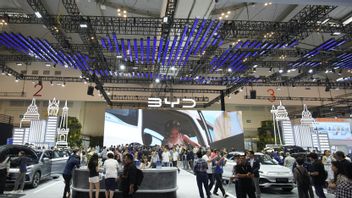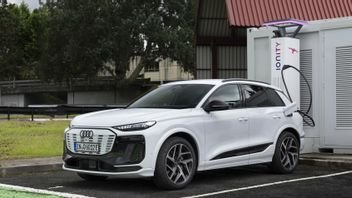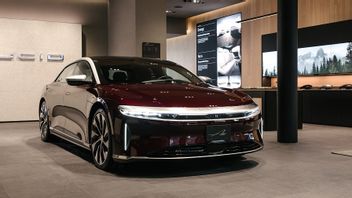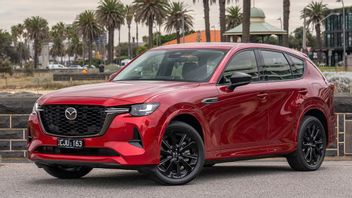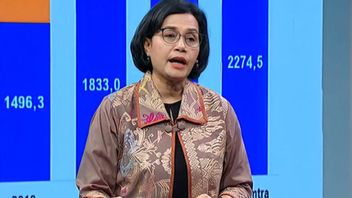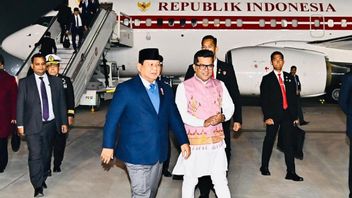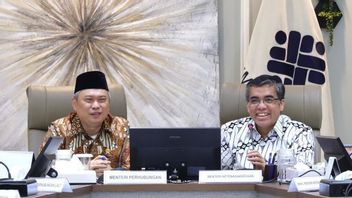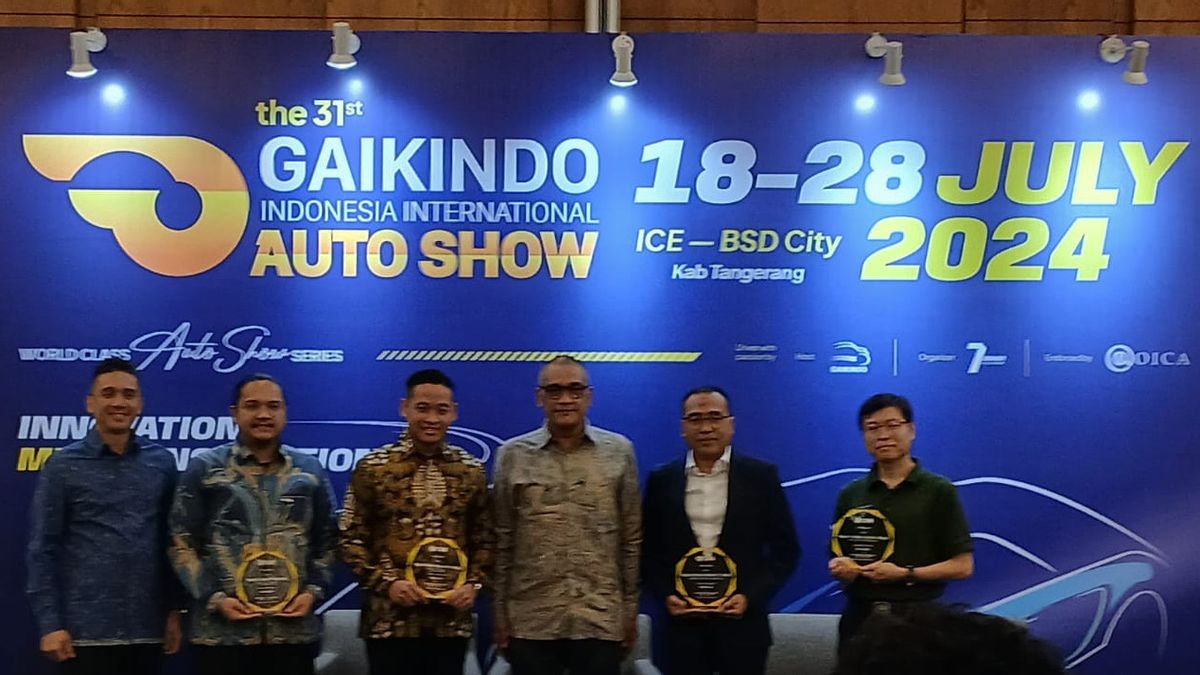
TANGERANG - The current development of electric vehicles is very rapid, so careful preparation is needed to face various challenges in the transition to carbon neutrality.
The Indonesia Center of Mobility Studies (ICMS) held the First National Automotive Industry Dialogue to discuss Vehicle Electrification Challenges and Opportunities in Indonesia'. This event took place in the middle of the 2024 Gaikindo Indonesia International Auto Show (GIIAS) at ICE BSD, Tangerang, on Wednesday, July 24.
The General Chairperson of ICMS, Munawar Chalil, expressed his hope that this dialogue could be a source of inspiration and new information about obstacles that will be faced by the automotive industry from various perspectives of the speaker.
We invite automotive industry stakeholders from various backgrounds to engage in constructive and interactive discussions. We hope that this discussion will motivate the achievement of the growth of Indonesia's automotive industry in the future by taking into account the environmental impact and welfare of the community," said Chalil in his remarks.
SEE ALSO:
Meanwhile, the Secretary of the General Chair of Gaikindo, Kukuh Kumara, who is also the mainnote speaker, stressed that the transition to electrification takes time and cooperation from all parties to achieve the carbon zero target.
"We hope that Indonesia will not only have a strong automotive industry, but can also contribute to the welfare of the community and national economic growth," said Kukuh.
This dialogue was attended by automotive industry business players in Indonesia, such as Toyota Astra Motor which represents a Japanese vehicle manufacturer, BYD Motor Indonesia which represents a vehicle manufacturer from China, PT Indolok Bakti Utama as a representative of the safety equipment industry, as well as an academic from Binus ASO School of Engineering.
The automotive industry in Indonesia has great opportunities, but is also faced with various challenges. First, less than six years remaining to fulfill its commitment to reduce greenhouse gas effects. Second, how can Indonesia create an attractive automotive industry climate for business people. Third, how to change people's mindset and perception of electric cars, especially regarding concerns about charging infrastructure (SPKLU), safety factors, total ownership costs, and resale value which are important considerations for consumers in Indonesia.
The English, Chinese, Japanese, Arabic, and French versions are automatically generated by the AI. So there may still be inaccuracies in translating, please always see Indonesian as our main language. (system supported by DigitalSiber.id)







